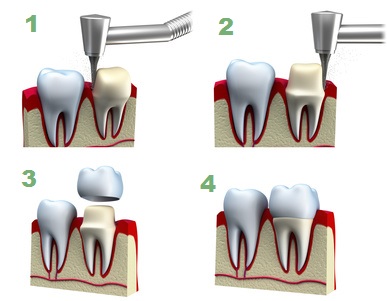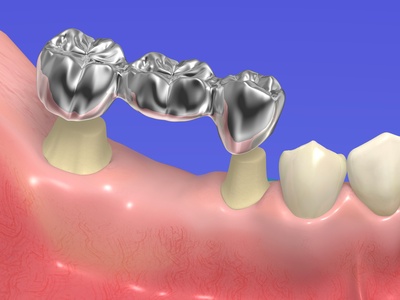(206) 498-2212
(206) 498-2212

Dental crowns are often used to repair or camouflage a broken, discolored, chipped, cracked or decayed tooth. Crowns are also used to protect a tooth following a root canal or implant and as a part of dental bridge.
This is an extremely reliable technique for repairing the most severe of dental problems, even permanently replacing missing teeth to offer a complete smile and a functional bite. We are renowned for the quality of our work and the fantastic changes we make for people using this technology. These treatments are used for a long lasting correction of major dental problems.

A dental bridge is a fixed device that replaces one or more missing teeth. Missing teeth can affect your ability to chew and talk and change the alignment of the teeth and shape of your face. Dental bridges prevent these problems by filling the gap in your smile with an artificial tooth attached to a permanent dental implant or the natural teeth next to it.
A dental bridge can be made of metal, porcelain or ceramic material, or a metal base with a porcelain or ceramic coating. A dental bridge is permanently fused to dental crown-covered abutments (e.g. natural teeth, dental implants or a combination of the two) on either side of the gap. The covering can be matched to the natural coloring of your teeth, making dental bridges an ideal choice for people interested in an undetectable dental restoration.
To learn more about dental crowns and bridges and how best to improve your dental health, please contact our office for a free consultation. We look forward to working with you.
The average lifespan for dental crowns is between 7 to 15 years, but with proper care, thereís no reason your crown canít last decades.
Dental bridges are precision-made restorations. With proper care, you can expect your dental bridge to last anywhere from 5-15 years, and in some instances longer.